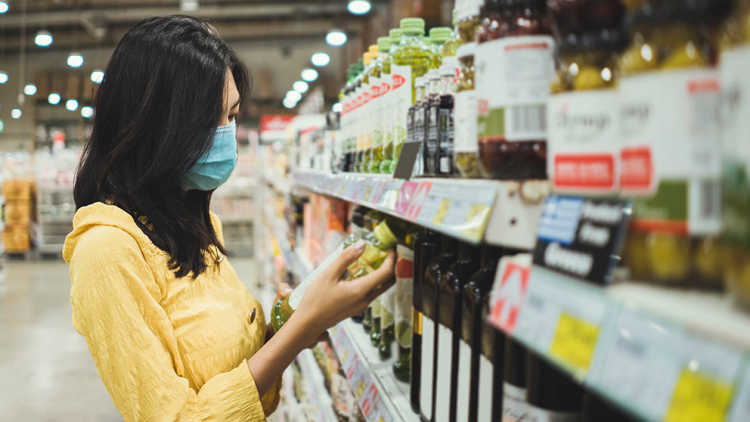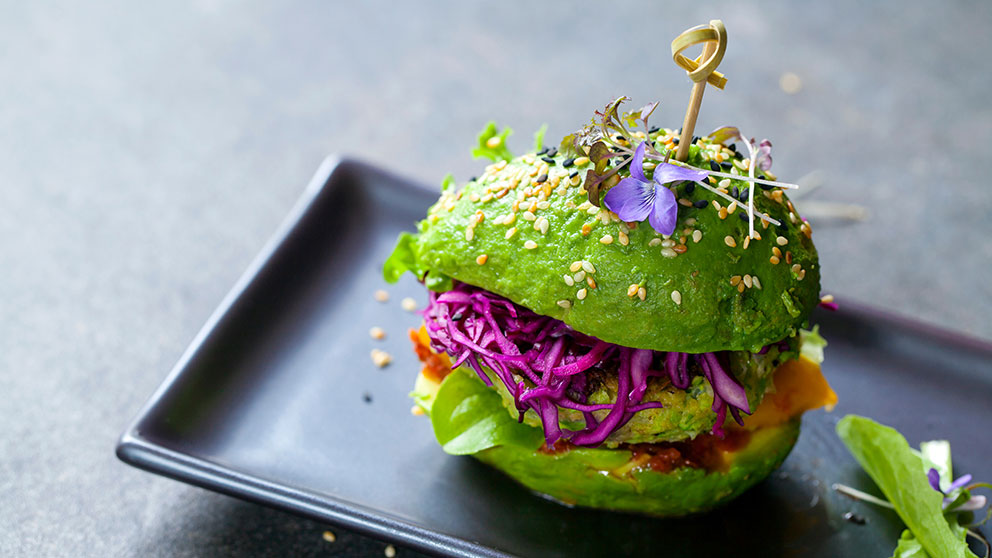Is private label best for your product?

Almost every food and beverage retailer has a private label program.
Private label offers a chance for unique products to generate sales.
Private label products are processed and packed by suppliers in a brand owned by the retailer. Retailers could have different tiers of private label products to appeal to segments of their consumer base.
Examples of private label include President’s Choice at Loblaw, Panache at Sobeys and Kirkland at Costco.
There are several reasons these products are popular with retailers:
Most private label products generate a higher gross margin than national brand products. The rationale is that national brand products require up to 40% of the cost of goods for sales and marketing initiatives. Retailers do their own marketing for private label, so they expect a lower cost of goods.
A great private label program is an effective loyalty program. When a retailer gets consumers looking for their proprietary products, the shoppers must return to their stores. Consumers often buy the same items repeatedly, and when they really like a certain private label product, it can influence their choice of store.
Private label offers a chance for unique products to generate sales. When they are included in the overall sales and marketing they get exposure and recognition that could take years to build for a small, independent brand.
Consider the pros
There are some advantages to producing private label products.
Shelf access. There are no listing fees, and your product will probably receive broad distribution quickly after it is available.
Premium placement. Consumers are more likely to see it on the shelf and buy it. Most retailers have a regular rotation of private label products in their ads and in-store programs, which results in frequent promotion activity.
More time for input and planning. Retailers see you more as part of their team, as opposed to one of many national brand suppliers. Private label promotions are usually planned further in advance. This advanced planning enables you to determine the right weeks that are still available to propose promotions on your branded products.
Reduced fixed costs. Incremental volume on private label products through a processing facility reduces the fixed cost per unit on all volume.
Weigh the cons
There are some disadvantages of private label for processors.
Lengthy product development stage. It can take a long time to get the product developed to the retailer’s standards. They all have a unique structure to manage these programs, and some retailers are very involved in the development process. Packaging costs and updates can be expensive, and you do not have many options for the process they expect you to follow.
Retailer exclusivity. The retailer may want exclusivity on the specific formulation you develop together. If the private label is very close to your branded product, there is the possibility they will only list the private label, and you lose the exposure for the branded product. Different sizes, flavours, and packaging can all differentiate these products to maintain listings of your branded products.
Suppose the product doesn’t sell. Production and packaging inventories can be contentious with private label if the product does not sell as well as you forecast. Often, you can only sell it to this customer, and it can take longer than anticipated. Once a private label item is established, the need for your innovation dissipates, and future commitments are more focused on cost of goods than the other attributes you might prefer to focus on.
There is no right or wrong answer to the question, “would you produce that as private label?” But you must be prepared to answer the question.
Article by: Peter Chapman

Is your food and beverage product a trend or a fad? Here’s how to spot the difference.

